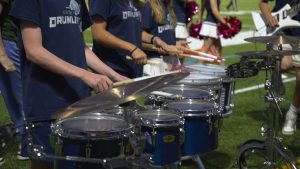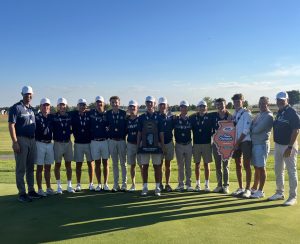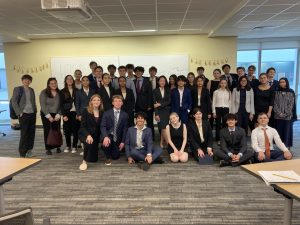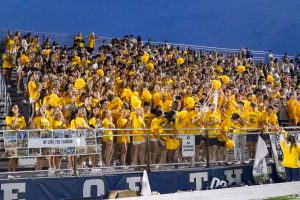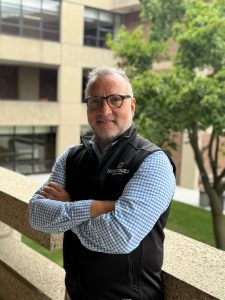Work experience and initiative can be found during the summer months
Teachers share an influential piece of literature found on their bookshelf
April 29, 2016
It takes more than just a sense of athleticism to be a KW teacher, and more than knowing how to cook to become a cuisine teacher.
Through literature, teachers in every department strive to better the way they teach and relate to their students.
Brian Doll, a Kinetic Wellness teacher and football coach, recommended the book “Outliers” by Malcom Glawell. Doll said, “I have read the book numerous times. It pertains to why different people are successful. It takes you through different reasons why people around the world are successful.”
Doll has been the head football coach at New Trier for the entire span of the team’s successful era. “I am constantly looking for different ways to help students and to help athletes,” Doll said. “The book taught me that the way that you’ve always done things is not necessarily the best. It tells us to not always stay stagnant and think the way you are doing things is the best way to do something.”
Dawn Sullivan, cooking teacher in the Practical Arts department, also recommended a book that she feels her students and coworkers would benefit from reading: “The Rosie Project.” “It made me laugh out loud and think about people with differences in a new light. It’s realistic, you would be able to look at people with some slight differences in a new perspective, to maybe see where they’re coming from, and be more accepting of those differences, in a humorous, laugh-out-loud way,” Sullivan said.
“The Rosie Project,” by Graeme Simsion, is a novel about a highly intelligent and successful professor who also has autism. Sullivan believes that this book can instigate acceptance through its reader friendly humor and wit.
The teacher book recommendations portrayed the dedication each teacher here at New Trier has for their job. History teacher David Heineman, an avid reader in constant search of ways to better his teaching style, has read thirty-one books this calendar year, surpassing his thirty book goal.
Heineman recommends the book “Make it Stick,” by Peter Brown. “I read a lot of nonfiction, and this is one I really like. It’s about how the brain processes information and how we learn things. And this is obviously really relevant to me as a teacher and in thinking about how my students learn and how they’re going to remember things,” Heineman said.
Heineman uses what he learns from his rigorous reading to better himself as a teacher. “I think ‘Make it Stick’ is a really useful book in understanding how we think and maybe shaping how students study or how they should approach classes.”
“The importance of forcing yourself to recall information increases the likelihood that you’ll actually remember it. So self-testing is more effective than just looking over your notes,” Heineman said.
Despite the fact that Heineman and most teachers encourage reading outside of school and embracing the reading assignments in school, Heineman understands the difficulty that can sometimes pose. “I think it’s always better to read a book when you’re not assigned to read it. It always feels more meaningful when you have the choice to do it. I don’t know that I would have had the patience for that sort of book when I was in high school, but now I have the ability to sit and read for a while.”
Finally, a prolific reader, Brett Rubin, suggests a book he has chosen for his Global Voices class. “Something that I discovered this summer was ‘Silence,’ by Shusaku Endo. Just absolutely beautiful, delicate, simple clean prose, while at the same time remarkable exploration and examination of man’s mistaken sense of importance. Just remarkable work.”
Rubin continued, “It provides that lovely confluence of something that is rather engaging, it is not dense, again very clean simple prose but at the same time great artistry. And sophistication of human nature and our follies underlying this seeming simplicity, it’s almost like a magic trick, which is always one of the best things to find with literature.”







































